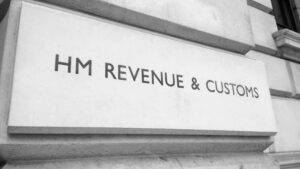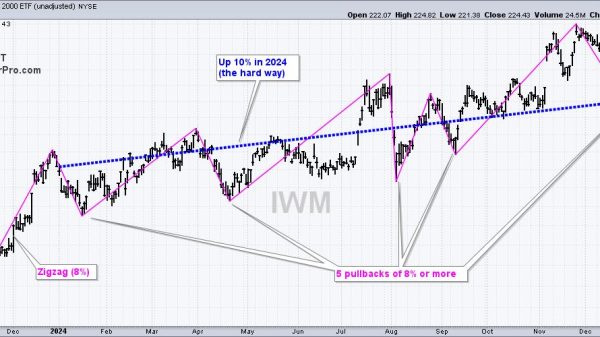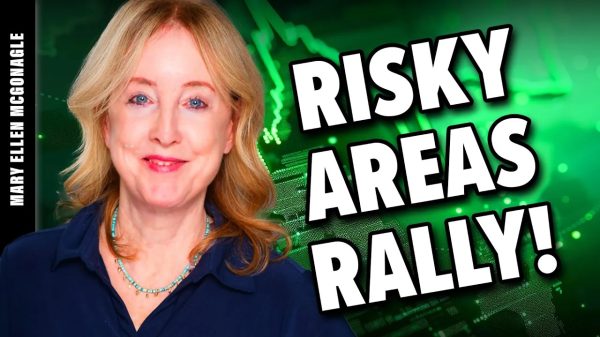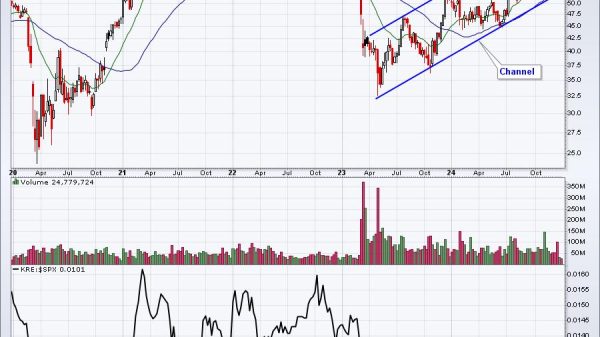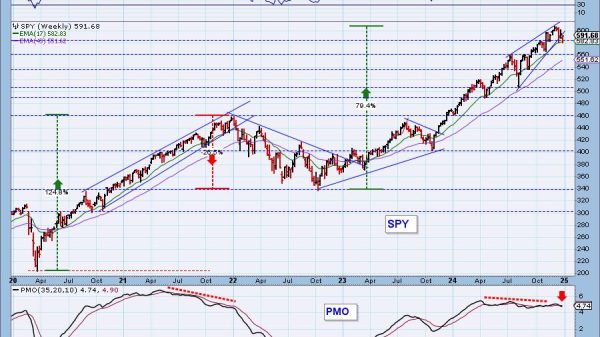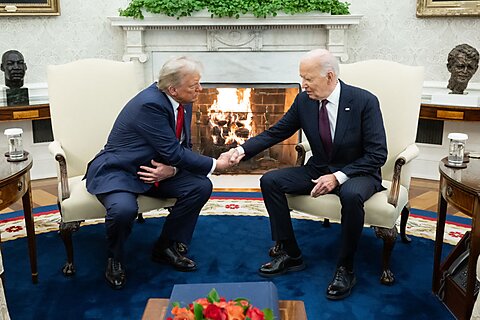Paul Matzko
Link taxes are a flawed policy idea under even the best of conditions, as I recently wrote in a policy analysis. Legislation like the Journalism Competition and Preservation Act (JCPA) would bail out struggling news outlets by compelling online platforms such as Google and Meta to pay whenever they surface links to news articles for consumers. It doesn’t take an economist to realize that raising the costs of linking to the news will ultimately mean fewer articles from fewer news outlets reaching fewer consumers. And doing so just might break the internet.
But these are not the best of conditions.
Last week the New York Times ran an insightful article about the slow motion break up between the news industry and online distributors (Google, Meta, etc.). Google has laid off dozens from its Google News team, Facebook News is extinct, and Twitter (now X) is increasingly hostile to allowing any users off‐ platform.
This is bad news for news outlets given that these platforms have provided a valuable distribution service. Bear in mind that in the pre‐digital era, distribution costs were the largest single item in a newspaper’s budget, more even than the cost of the actual journalism. While Craigslist tanked classified ad revenue for newspapers, at least Google et al provided a superior (and costless!) substitute for the old network of newsstands, newsies, and other distribution functions. But with a quarter of Gen Z already getting their news and search from TikTok, the mutual value of that complementary relationship is in decline.
Which means that this is the worst possible time for the reintroduction of the JCPA or any other link tax. It will force tech executives to ask hard, practical questions about the precise value of the news to their online ecosystems. The fact that both Google and Meta were willing to pay $200 million to Australian news companies after the country passed a link tax in 2021 was a sign that these links are worth quite a lot. But the willingness of Google to pull out of Spain after its snippet tax in 2015 and out of Canada this summer is a reminder that the value of the news organizations to tech companies is not infinite. Raise the functional price of links too high, and news aggregators will stop sharing links altogether.
Even in the link tax optimal scenario, in which news aggregators don’t pull out of news entirely and instead strike deals with news producers for access, it’s inevitable that fewer news articles from fewer newspapers will reach fewer consumers. What tends to happen is that the companies limit bargaining costs by making deals with only a few, larger conglomerates—maybe placing them behind a paywall a la Apple News—and then no longer provide links from smaller, independent news outlets with niche audiences. It’s “there ain’t no such thing as a free lunch,” journalism edition.
Regardless of how you feel about these tradeoffs, the reality is that the price point for traditional online news from legacy news outlets is falling. Which means that imposing a link tax now would have an even larger, negative effect on total online news distribution as well as greater informational deadweight losses for consumers than it would have even a year or two ago. Policymakers should respond accordingly.
As a final thought, I’d like to highlight the insight that the NYT article closes with. It notes that newspapers are rapidly expanding into “branded newsletters,” which has apparently boosted the subscriber base for outlets like The Atlantic substantially. As The Atlantic’s executive editor Adrienne LaFrance put it, “In a way, this decline of the social web—it’s extraordinarily liberating.”
Legacy news outlets are responding to the decline of the Internet 2.0 by experimenting and innovating with new products and new business structures. We’re transitioning into a “new news” media landscape in which professional journalists surf the web and act as guides to user‐generated news and expertise. But a link tax, even to the limited extent it works as a cross‐subsidy from Big Tech to Big Ink, will only delay that transition and discourage experimentation.

